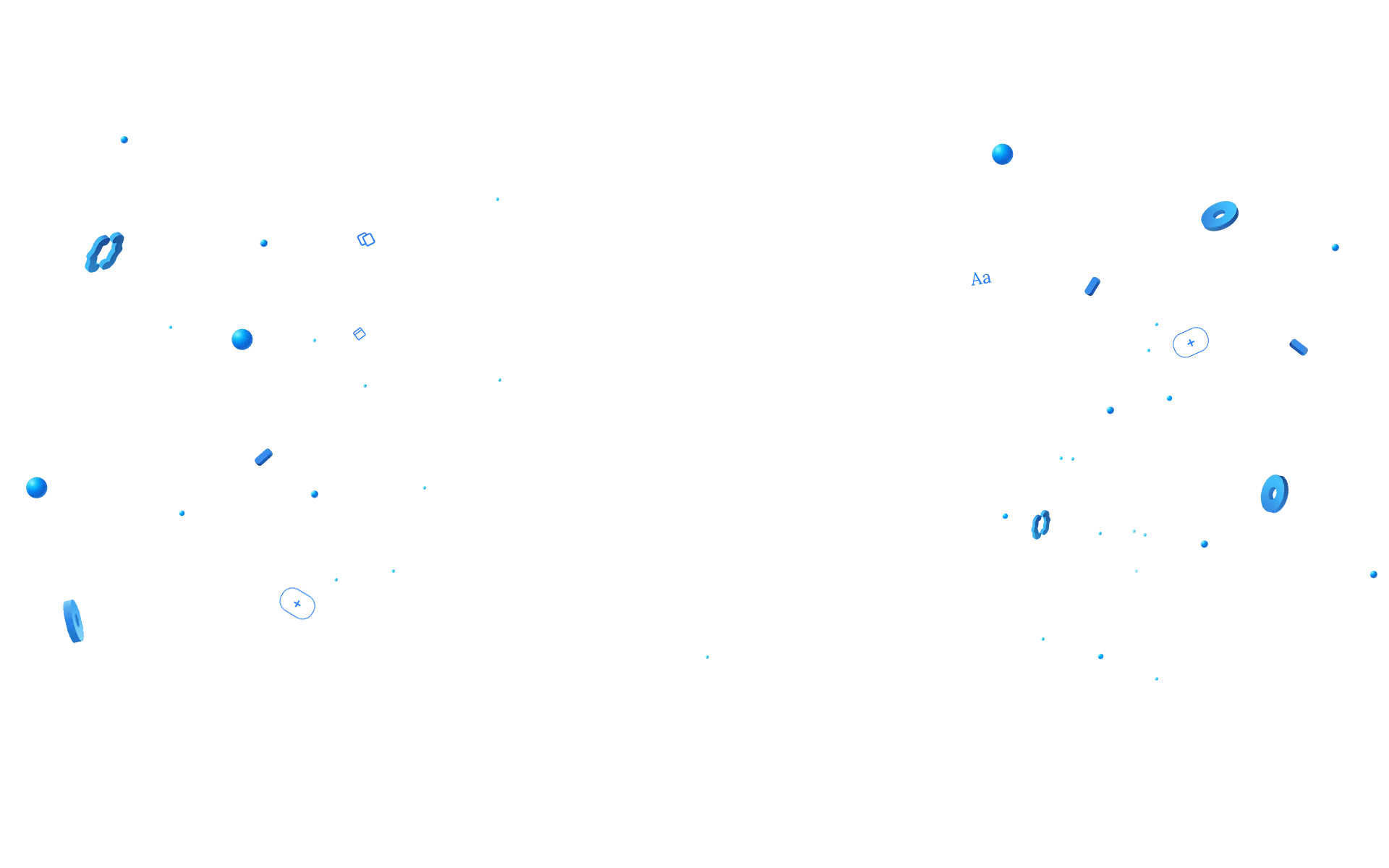Mental Disorders
Obsessive-Compulsive Disorder (OCD)
Obsessive-Compulsive Disorder (OCD) is a common type of anxiety disorder that causes persistent, intrusive thoughts (obsessions) and repetitive behaviors or rituals (compulsions). People with OCD often engage in rituals to manage the intense anxiety caused by their obsessions. While these actions might offer temporary relief, they can take over daily life, becoming disruptive and time-consuming.
What Are the Symptoms of OCD?
Obsessions: These are irrational, unwanted thoughts, fears, or worries that occur frequently and cause significant distress. Common obsessions include:
- Fixation on cleanliness and fear of germs.
- Persistent doubts (e.g., questioning if doors were locked or appliances were turned off).
- A need for order or symmetry in objects.
- Intrusive violent or harmful thoughts.
- Disturbing thoughts that conflict with personal beliefs, such as religious values.
Although individuals with OCD may recognize these thoughts as irrational, they often feel powerless to stop them.
Compulsions: These are repetitive actions or mental rituals performed to ease the anxiety caused by obsessions. Examples of compulsions include:
- Repeated hand-washing, sometimes over 100 times a day.
- Constant checking of locks or appliances.
- Arranging items in a specific order, such as organizing clothes or alphabetizing objects.
- Repeating actions in a particular sequence, like putting on clothes in a rigid routine.
These compulsive behaviors can become overwhelming and interfere with normal life, relationships, and responsibilities.
Causes of OCD
The exact cause of OCD is not fully understood, but a combination of genetics, brain structure, and environmental factors is believed to contribute. OCD can begin in childhood, adolescence, or early adulthood, and it affects both men and women equally. It also tends to run in families, and other mental health issues such as anxiety, depression, or substance use disorders may occur alongside OCD.
How is OCD Diagnosed?
A diagnosis of OCD is made through both physical and psychological evaluations. The key criteria for diagnosis include:
- Obsessions and compulsions taking up at least one hour per day.
- Significant distress caused by these thoughts and behaviors.
- Interference with daily life, work, or relationships.
OCD Treatment Options
Treatment for OCD typically involves a combination of medication and therapy. Specific treatment plans depend on factors like age, overall health, severity of symptoms, and personal preferences. Common treatment approaches include:
Medications: Anti-anxiety and antidepressant medications, especially selective serotonin reuptake inhibitors (SSRIs), are often prescribed to help manage symptoms.
Cognitive Behavioral Therapy (CBT): A specific form of therapy known as Exposure and Response Prevention (ERP) helps patients confront their obsessions without engaging in compulsions, reducing their anxiety over time.
Key Points About OCD
- OCD is a common anxiety disorder marked by obsessive thoughts and compulsive behaviors.
- These behaviors can disrupt daily life and become all-consuming.
- Stressful events can trigger or worsen OCD symptoms.
- Treatment involving both medication and therapy is usually the most effective approach to managing OCD.
Tips for Managing Your Healthcare Visits
To get the most out of your healthcare visits, consider these steps:
- Write down questions before your visit to discuss with your provider.
- Bring a companion who can help you remember key information.
- Take notes on any new diagnosis, medications, or treatments.
- Be informed about any side effects of prescribed treatments.
- Know what to expect if you don't follow a recommended treatment plan.
With the right combination of therapy and medication, people with OCD can reduce the time spent on obsessions and compulsions, leading to a more manageable and fulfilling life. If you or someone you know is experiencing symptoms of OCD, it's important to seek professional help for an accurate diagnosis and effective treatment.

Leave us a message and one our specialist will reach out
Most insurances accepted



